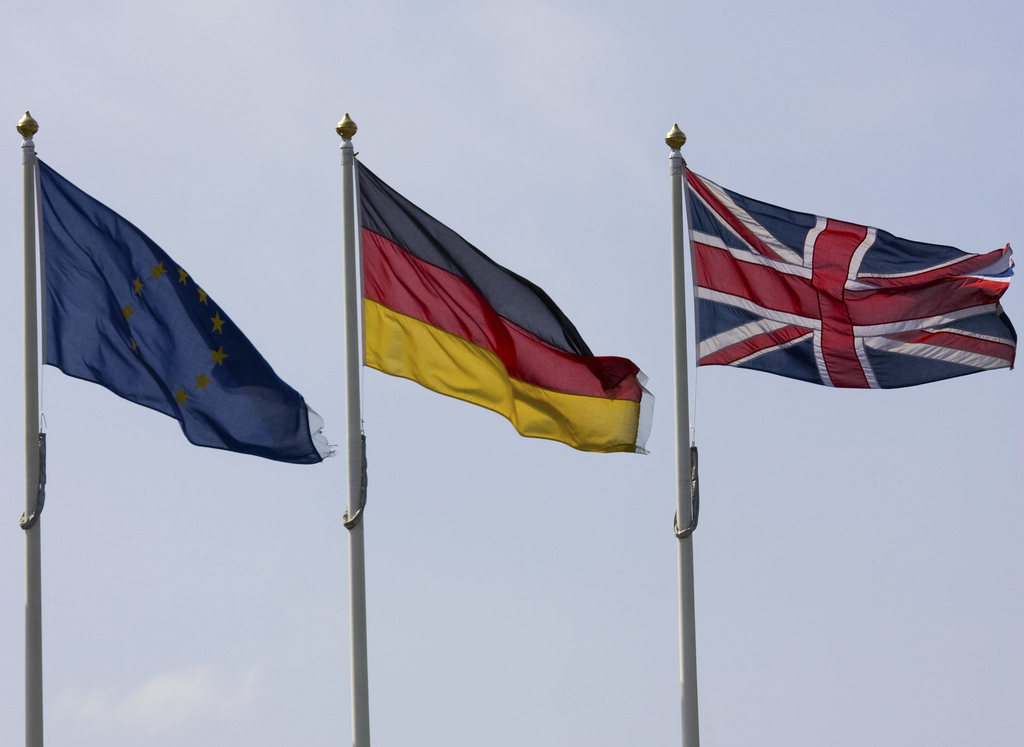Brexit: Hyperglobalization and the Globalization of Nationalism
“The specter of Brexit is in all of our societies,” cautions Alexander Betts in a TED talk in July. What is “Brexit”? Brexit was a vote held on June 23rd by the peoples of the United Kingdom (UK) to decide whether their country was to stay or leave the European Union (EU): a political and economic union composed of 28 member states. Voters’ main motivation to leave the EU was due to concerns over immigration, more specifically, their concerns over an increasing amount of refugees entering the UK. In the aftermath of Brexit, the election been labeled as a “rejection of globalisation.” What does this mean?
Well, in an opinion piece for the New York Times, Harvard professor Dani Rodrik highlights the risk posed by globalization to global democracies and in some ways explains why Brexit occurred. In his piece, Rodrik defines globalization as the rise of economic integration across state borders that favors trade and investments. According to Rodrik, the risk comes from a dichotomy between economic globalization and national autonomy.
In order to boost global economic growth, during the 1990s, national autonomy was superseded by economic globalization; instead of reinforcing existing institutions in democratic countries, this trend enabled the free movement of capital. As countries espoused the ideas of neoliberalism to boost their domestic economies, it led them to cede a lot of control of financial flows to corporations. Rodrik terms this development as hyperglobalization.
As a result, the global economy is currently plagued by perceived and real inequality, more importantly, a sense of uneasiness by those who do not benefit from globalization. As a result, we have seen the rise of the “globalization of nationalism:” populist movements who scapegoat foreigners and other countries due to the perceived effects of globalization. Case in point–Brexit.
Neither hyperglobalization nor the globalization of nationalism are desirable, according to Rodrik, because they undermine globalization and democracy itself. In Rodrik’s view, globalization is favorable because of its potential to trickle down and enrich all members of society and their living conditions. Obviously, globalization is not functioning as Rodrik believes it can, and he appears to attribute it to the speed in which financial controls over corporations quickly outpaced government’s ability to regulate it. As a result, there is a huge disconnect over the trickle down effect globalization could have.
In his opinion piece, Rodrik argues that the solution is for countries to assume greater autonomy and achieve economic growth via their own unique path. Key to the success and future of globalization is greater accountability and communication amongst nations to ensure an even playing field. This would be achieved through the global governance provided by international institutions that would monitor domestic policies and establish a trade system that would be highly sensitive to unfair advantages in the market. The end goal is for globalization to support and legitimize both democratic government and the economic value of globalization across all social classes. In summary, Rodrik’s approach would help to reinforce the power of democratic governments over their economies through increased regulation.
Rodrik’s argument could be supported by the fact that Resolution Foundation, a think tank, has reported that domestic policies in the UK from 1988 to 2008–not globalization–led to stagnation in the income of the middle class. As we can see from this example, domestic policies have an important role to play. Rodrik is advocating for a middle-of-the-road approach to economic development, which seems favorable and makes sense. However, it may fail to consider the possibility that globalization may not be the best path forward. On the other hand, the current alternatives espoused by the “globalization of nationalism” appear to be a step back. Are there other alternatives? Is it possible to establish a new set of international norms and institutions to guide economic growth and better democracies? Can we avoid the success of another case of the “globalization of nationalism” or will this be a trend in future politics?
Ultimately, the most important question is whether or not we can devise a system that will reap (somewhat) equal benefits for all.





